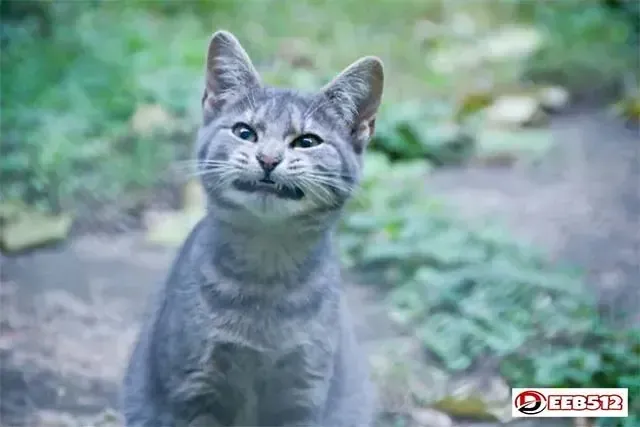The short answer is no, cats are not lactose intolerant. Cats are actually very good at digesting lactose, as they produce an enzyme in their stomachs called lactase that breaks down the milk sugar into two smaller sugars that can be easily digested.

What is lactose intolerance?
Lactose intolerance is a condition in which the body cannot digest lactose, a sugar found in milk and other dairy products. Symptoms of lactose intolerance include abdominal pain, bloating, diarrhea, and gas. Some people with lactose intolerance can handle small amounts of lactose or dairy products that are high in lactose, such as hard cheeses. Others cannot tolerate any lactose-containing foods.
How do you know if your cat has it?
There are a few key ways to tell if your cat has lactose intolerance. First, pay attention to how your cat reacts after drinking milk or eating dairy products. If your cat experiences diarrhea, vomiting, or other digestive issues after consuming milk or dairy, it's likely that they are intolerant to lactose. You may also notice that your cat becomes more lethargic and sluggish after eating dairy. If you suspect that your cat has lactose intolerance, it's best to consult with a veterinarian to get a diagnosis.
Is milk good for cats?
The answer to this question is a little complicated. While cats are technically lactose intolerant, they are able to digest small amounts of milk without issue. In fact, some cats actually enjoy the taste of milk and will seek it out as a treat.
That said, milk is not a necessary part of a cat's diet and too much can cause digestive problems. So while your kitty may enjoy a saucer of milk now and then, it's best to stick to water as their main source of hydration.
What does milk contain that might cause an issue for cats?
Lactose is a type of sugar found in milk. Cats lack the enzyme needed to break down lactose, so when they drink milk or eat dairy products, they can experience digestive problems like gas, bloating, and diarrhea. If your cat loves milk and you're concerned about their health, you can talk to your vet about giving them lactose-free milk or special cat food that is made without dairy.
What are the symptoms of a lactose-intolerant cat?
Lactose intolerance in cats is characterized by gastrointestinal upset after eating or drinking milk or milk-based products. The most common symptoms include vomiting, diarrhea, and abdominal pain. Some cats may also experience nausea, flatulence, and weight loss. If your cat is displaying any of these symptoms, it's important to take them to the vet for a diagnosis. A simple blood test can confirm whether or not your cat is lactose intolerant.
How else can I help with my cat's digestion and health?
There are a few things you can do to help with your cat's digestion and health. Probiotics are a great way to help with both of these things. You can find probiotics for cats at most pet stores. Another thing you can do is offer your cat small amounts of plain, unsweetened yogurt. Some cats will enjoy this and it can help with their digestion. Finally, make sure your cat is drinking plenty of water. Dehydration can lead to digestive problems, so keep their water bowl full and fresh.
Conclusion.
There is a lot of debate on whether or not cats are lactose intolerant. Some people think that they are, while others believe that they aren't. The truth is, we don't really know for sure. However, what we do know is that cats are carnivores and their bodies are designed to digest meat, not milk. So if you're considering giving your cat milk, it's probably best to err on the side of caution and avoid it altogether.
